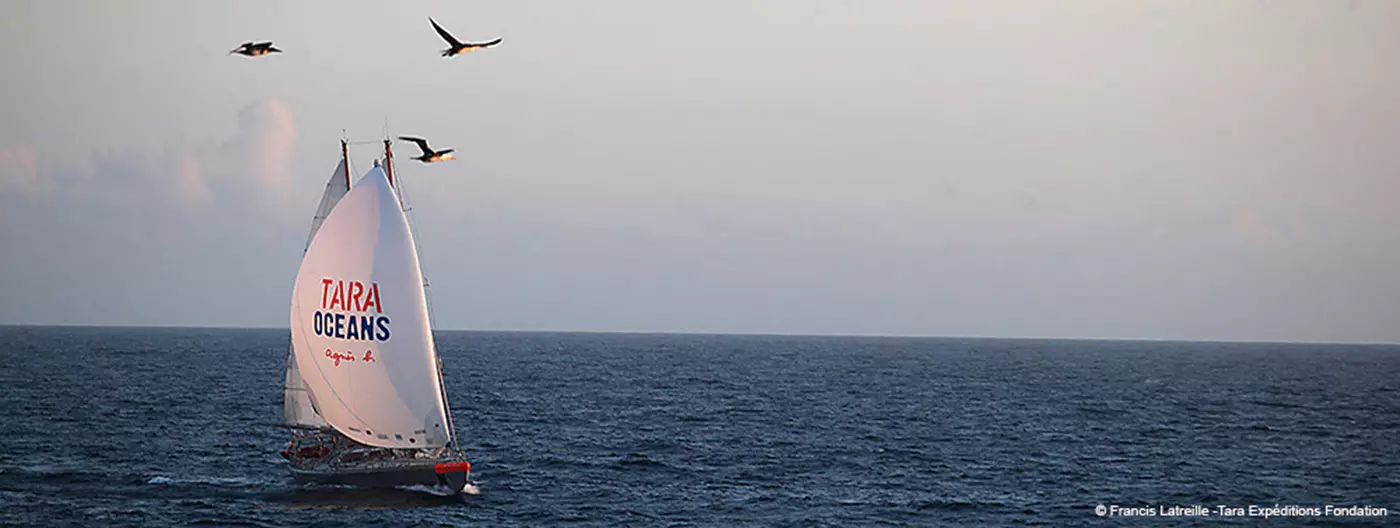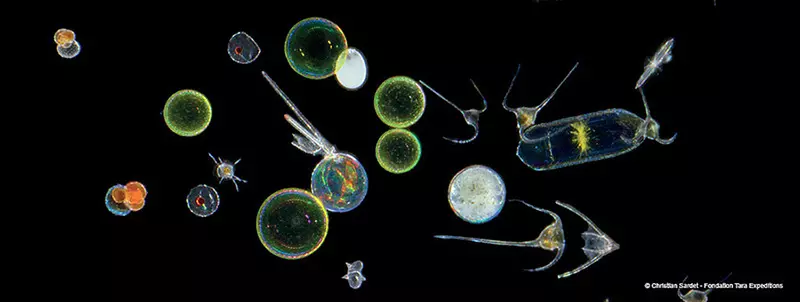
Plankton: the largest ecosystem on the planet
Plankton contains most species living in the ocean. It is made up of very different organisms, from the simplest (bacteria, viruses, etc.) to the most complex (algae, parasites and microscopic animals).
The researchers explored the role of the genes present and were able to demonstrate that they express themselves very differently according to the temperature of the water or the concentration of nutrients in the ocean zones studied.
Catalogue genes for a better understanding of the oceans
Based on over 400 samples collected around the world, a catalogue of 117 million different sequences was established. These discoveries made by Tara Oceans open up numerous opportunities for understanding ocean ecology. Using all the genetic resources identified, analyzed, and included in a catalogue, an understanding of the evolutionary and ecological mechanisms of the marine ecosystem now seems within reach of research.
Deducing the planet’s great equilibria from genes in the ocean
With 22 laboratories involved - mainly attached to the CEA, CNRS, EMBL, ENS - and the Tara Expeditions Foundation, Tara Oceans continues to make major contributions to describing the role of the ocean in the global "machine". By linking ocean genes to global physical phenomena like climate, researchers have still to explore under what conditions these genes express themselves.

More :
> The Veolia Foundation site
> Veolia Foundation supports Tara Oceans: "Three years’ study of seas and oceans to model climate change and its impact on our biosphere”
> The Tara Oceans expedition
> Veolia gets involved to help limit the loss of biodiversity in the world

